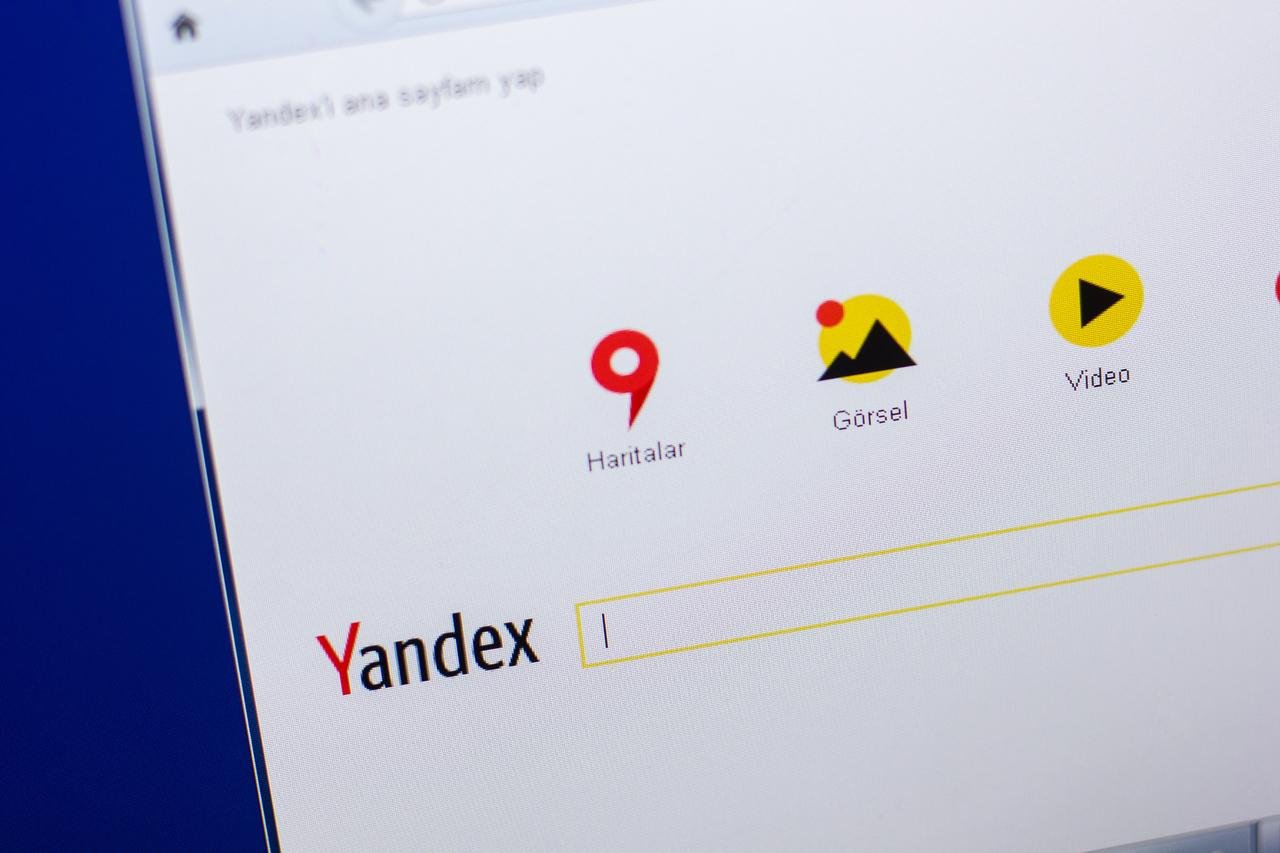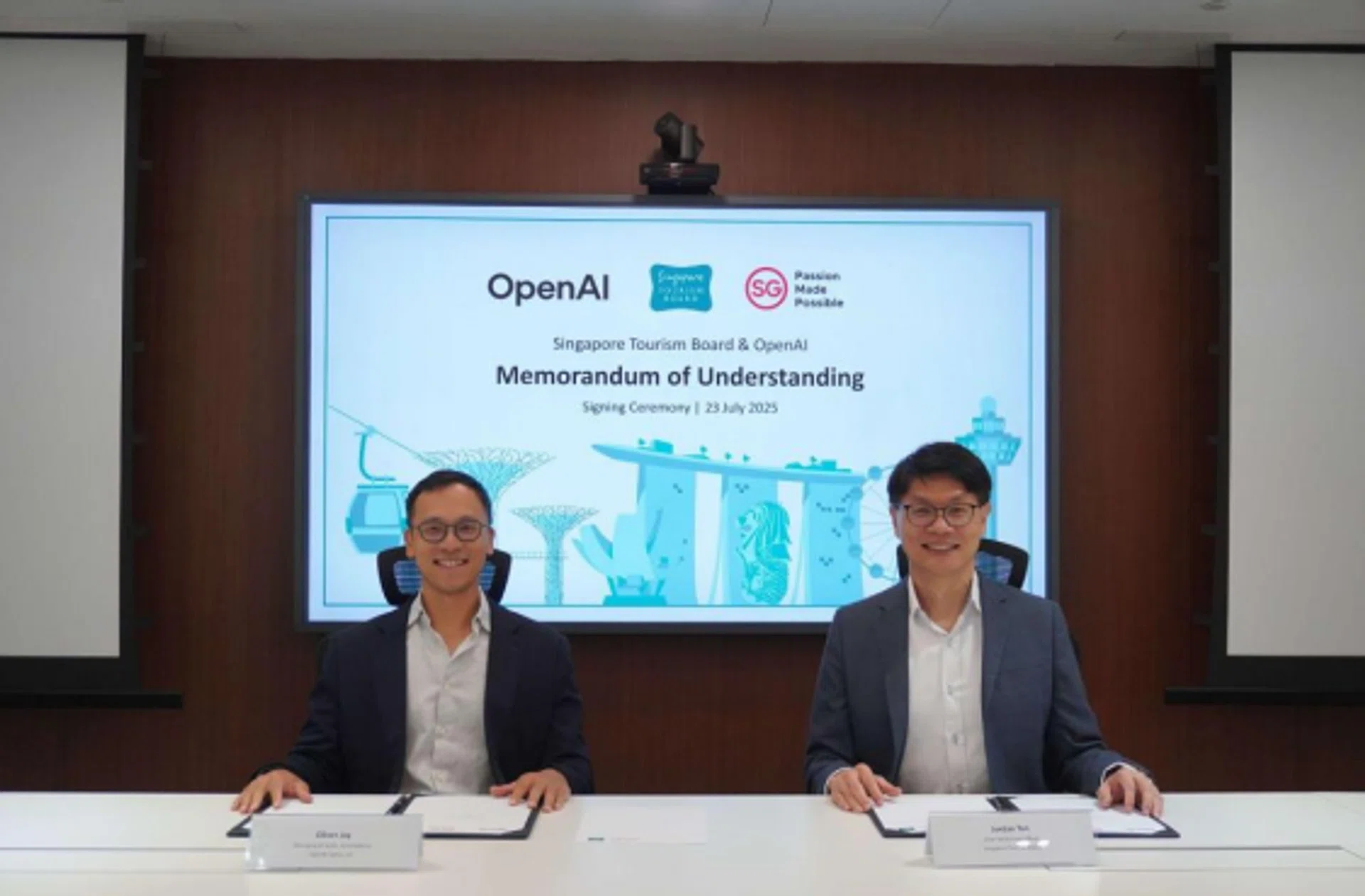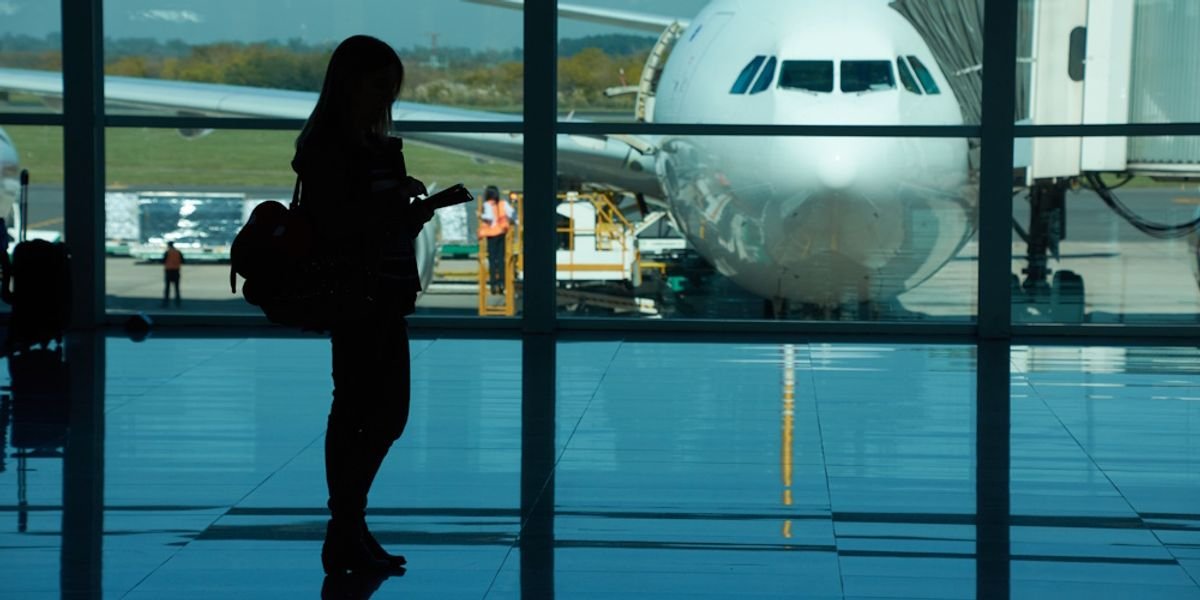For decades, travel risk management focused on the map, flagging “high-risk” destinations based on war zones, civil unrest or health crises. But the map doesn’t tell the whole story. Risk isn’t just about where you go; it’s also about who you are.
Most traditional travel risk models are built around a generic traveler profile: a businessperson, a tourist, a woman. But people aren’t personas; they’re layered and complex—and so are their risks.
A solo female traveler, for example, isn’t defined just by her gender. She might be a young LGBTQ consultant traveling to the United Arab Emirates, where her identity exposes her to elevated risks. A frequent-flying executive might also be managing an invisible health condition. A tech contractor traveling to Israel on an Iranian passport faces an entirely different risk profile than their British colleague on the same trip.
These risks don’t show up on traditional heat maps, but they are real, deeply personal and potentially life-threatening. Where people are going still matters, but who they are is what truly defines their risk. It’s this personal context that shapes their vulnerabilities. This is where AI comes in, not as a gimmick but as a critical tool in reshaping how we assess and manage travel safety.
From reading to predicting and personalizing risk
The old model waited until something happened, sending out a travel alert after an incident: “There’s been an attack in Paris.” Helpful? Maybe. But today, artificial intelligence (AI) is changing the game.
By analyzing real-time data streams, from news and social media to travel patterns, AI can now anticipate disruptions and alert travelers before they’re caught in the chaos. Tomorrow’s approach sounds more like: “Unrest is likely next week in this district. Let’s adjust your itinerary before things escalate.”
Even more powerful is AI’s ability to personalize those alerts. Not everyone faces the same risks. A city marked “low risk” for the average traveler might still be dangerous for someone who is trans, part of a religious minority or carrying identity markers that could draw unwanted attention at borders or during interactions with local authorities.
Subscribe to our newsletter below
Instead of sending generic warnings, AI tools can deliver encrypted, discreet messages tailored to a traveler’s unique profile, destination and situation. These alerts are personalized, relevant and, most importantly, private. This shift from reaction to prediction to personalization is where AI truly proves its value.
AI doesn’t work alone
Let’s be clear: AI isn’t flawless. It can process vast amounts of data and identify risk patterns, but it doesn’t experience fear or understand what safety feels like to you. It might flag a district with a higher incident rate at night, but it can’t sense the quiet unease a lone traveler might feel while walking through it. It struggles to interpret cultural nuances or the subtle signals that make a place feel welcoming, or not.
AI also can’t function without data, and that’s where things get sensitive.
Its effectiveness hinges on access to detailed traveler profiles, including data points like nationality, gender identity, health conditions and sexual orientation. This is deeply personal information. Building smarter systems must never come at the expense of privacy.
The question is: How do we protect traveler data while delivering tailored safety? Some companies are now exploring secure digital travel wallets, tools that store identity data locally, keeping it encrypted and accessible only to vetted systems.
Integrating AI into travel risk management must go hand in hand with ethical data governance, transparency and traveler control. If travelers don’t trust the system, they won’t use it, and that leads to a safety failure.
As AI takes over the tactical side of risk management, the role of travel managers is evolving. They are becoming decision-makers, advocates and the human judgment that AI can’t replicate. Their job now is to step in when the system falls short.
The silo problem
Despite AI’s promise, its full potential is still being held back by a persistent issue: fragmentation. Travel managers, suppliers, tech platforms and insurers each hold pieces of the safety puzzle, but too often, they operate in isolation. When systems don’t communicate, people fall through the cracks.
Take the case of a British traveler flying into Mexico City. AI flags a potential threat near their hotel, but the itinerary management system doesn’t recognize it. The company’s policy doesn’t allow last-minute hotel changes. The result? The traveler is stuck. Not because the data was wrong, but because the system wasn’t aligned.
Time for leadership
AI is already reshaping how we think about travel risk, but only if we use it boldly and responsibly. In the United States, for example, 82% of companies used AI to manage business travel in 2024, up from 69% in 2023. Strong leadership is essential to ensure AI is applied equitably and effectively.
That means investing not just in technology but in the ecosystems that support it: data governance, traveler education, human oversight and ethical policies.
Travelers don’t need more alerts. They need better ones: smart, timely and relevant. It’s not just about identifying risks; it’s about understanding who is at risk. The companies that embrace this shift won’t just reduce risk. They’ll build trust, protect their people and lead the future of travel.
Because in the end, this isn’t just about AI. It’s about real people facing real risks, finally being seen for who they are.
About the author…

























You must be logged in to post a comment Login